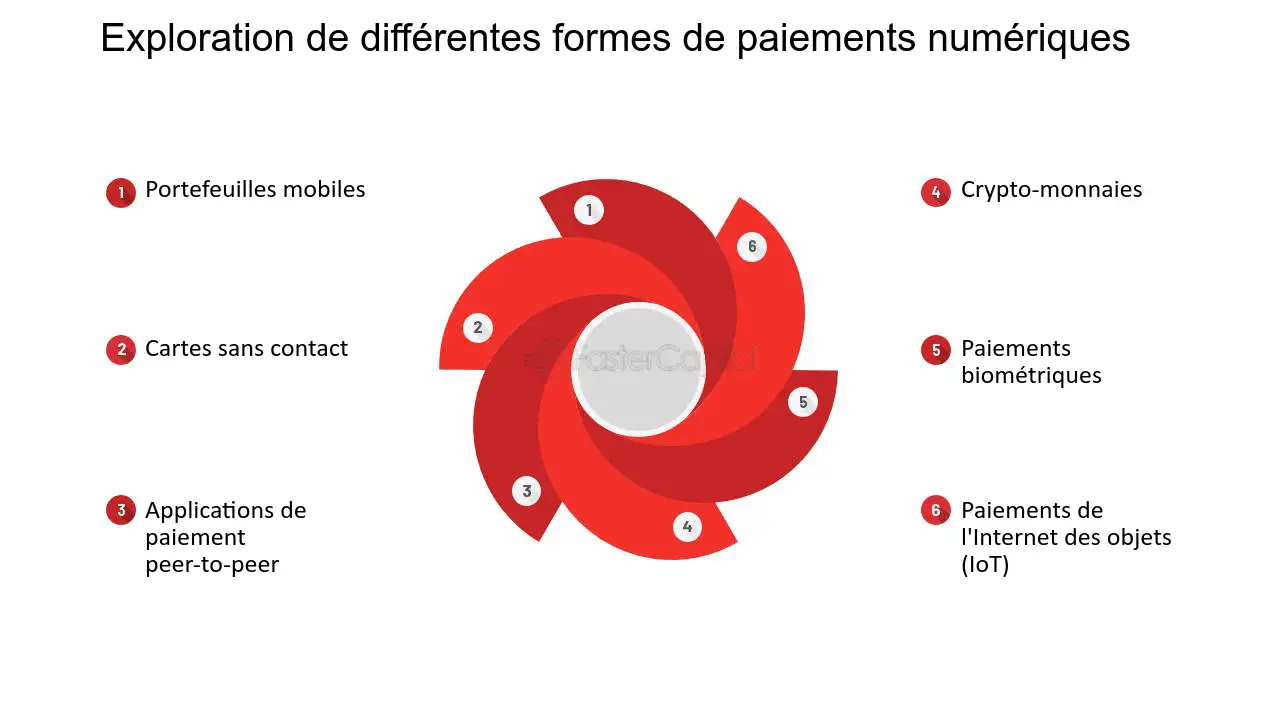In a world where digital and virtual reign supreme, voices are rising to assert that abandoning cash payments could well be a false good idea. According to research conducted by the Cashtech solutions provider, PayComplete, more than two-thirds of consumers still carry cash in their pockets. Contrary to popular belief, it is not just older generations that “hold the card” for cash. In fact, nearly one-third of cash enthusiasts are between 25 and 44 years old and belong to a middle-income bracket. Simon James, CEO of PayComplete, emphasizes that this is not just a question of financial practice, but also of social inclusivity. By refusing cash, many businesses risk severing this vital link with their local communities, plunging into an ocean of customer dissatisfaction and misunderstanding. When coins and notes are forgotten, a whole aspect of community life suffers, while independent shops find themselves out of the game in the face of the complexities of card fees. Businesses would do well to keep an eye on these tangible transactions, which, far from being outdated, still carry the banner of a social connectivity too precious to ignore.
According to the report from PayComplete, businesses that choose to forego cash payments could face negative consequences. Nearly half of consumers believe that refusing cash means prioritizing profits at the expense of customer satisfaction. In fact, 36% of customers might leave a store without making a purchase if cash payment is not accepted. Moreover, cash plays a crucial role in supporting local communities, and 57% of shoppers prefer this payment method to help businesses reduce their costs. The social and economic specifics of communities could be weakened by a cashless strategy, posing an obvious challenge to those considering becoming completely cashless.

Table of Contents
ToggleThe Stakes for Businesses Abandoning Cash Payments
Businesses that turn their backs on cash payments may encounter surprising resistance. A survey conducted by PayComplete, a specialist in financial technology, revealed that consumers are still attached to the use of cash. Approximately two-thirds of consumers reported that they always have cash on them. This reality contrasts with the widespread belief in an impending disappearance of cash. In addition to affecting older generations, cash usage persists among those aged 25-44, according to the study conducted on consumers from various European countries.
The Risks for Customer Satisfaction and Social Inclusivity
Ignoring the role of cash could jeopardize customer satisfaction as well as social inclusivity. The study revealed that more than half of consumers believe that paying in cash allows for the inclusion of all members of the community. For some independent shops, particularly, the use of cash is a genuine financial support. In this context, turning away from cash is perceived by some as a strategy that favors profit at the expense of customers. Consumers often express inconvenience and annoyance when they are denied the option to pay in cash, with nearly 36% of them preferring to simply leave the store without making a purchase.
Considerations for Businesses Considering a Cashless Strategy
Adopting a fully cashless approach must be carefully considered to avoid undermining community dynamics. According to Simon James, CEO of PayComplete, the disappearance of cash, while it seems inevitable amid the rise of digital intermediaries, presents a risk to social cohesion. Businesses must weigh this decision carefully to avoid becoming disconnected from their customers. Moreover, with 52% of respondents predicting that cash will continue to play an important role in society, depriving oneself of such an option could ultimately be counterproductive.





